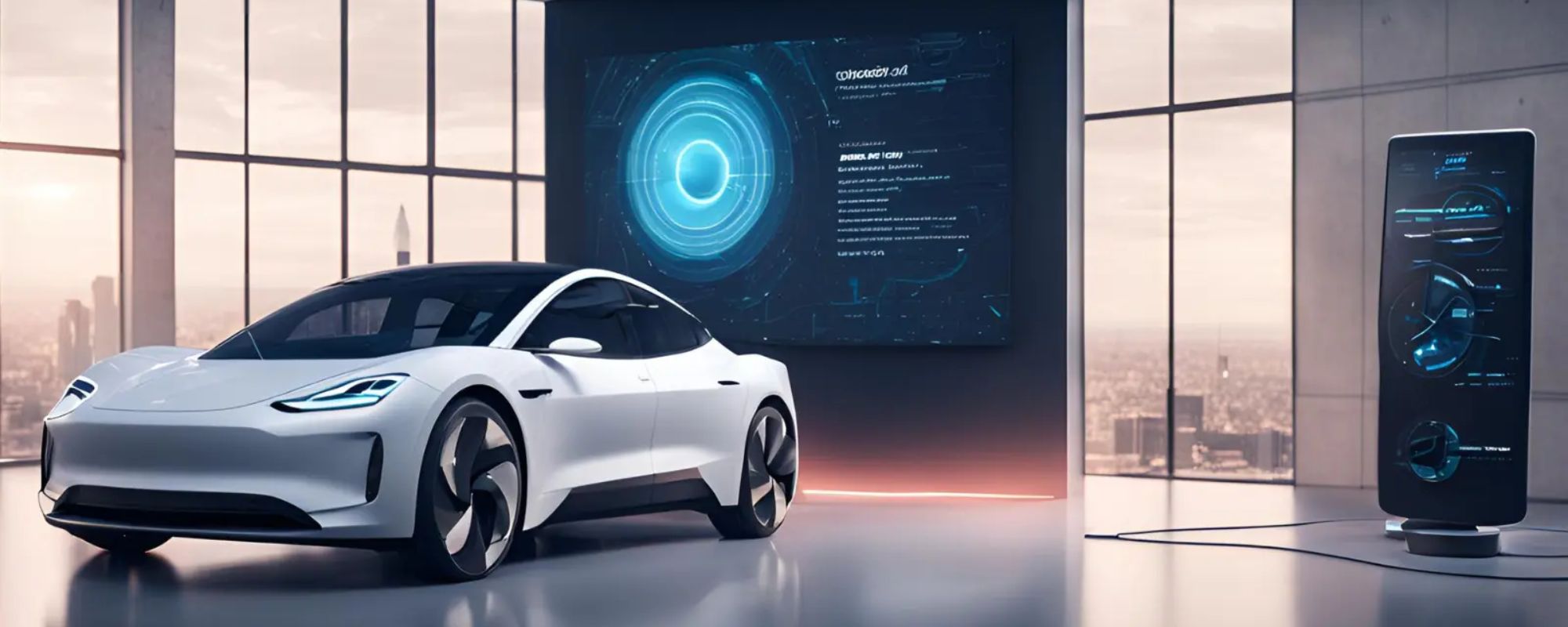How AI and Machine Learning Will Optimise EV Charging Networks

The future of electric mobility hinges not just on more charging stations, but on smarter ones. With growing pressure on energy systems and user expectations rising, Artificial Intelligence (AI) and Machine Learning (ML) are emerging as key technologies shaping the next generation of EV charging networks.
Let’s explore how these technologies are reshaping the future of EV charging.
1. Intelligent Load Management
One of the biggest challenges in EV charging is balancing grid demand, especially during peak hours. AI-driven systems can dynamically manage power loads across multiple charging stations, preventing grid overloads while ensuring vehicles are charged efficiently. Platforms powered by machine learning can predict energy demand based on historical usage patterns, weather forecasts, and grid capacity to automatically adjust charging rates in real time.
Solutions like Ocular IQ Home Solar already offer smart solar integration, but the next step involves AI predicting the best times to charge based on solar availability, tariffs, and user schedules.
2.Enhanced User Experience with Smart Scheduling
AI is transforming the EV charging experience by allowing users to schedule charging sessions based on optimal grid conditions, lowest energy rates, or personal routines. Through smart apps and connected chargers like the Ocular IQ Home Solar, EV drivers would receive real-time recommendations on when and where to charge, minimising wait times and cost.
Machine learning would also help personalise the experience, learning driver behaviour over time to automatically suggest the most convenient and cost-effective charging plans.
3. Predictive Maintenance and Network Uptime
Downtime at charging stations can severely impact user confidence. AI-enabled diagnostics tools continuously monitor the health of EV chargers, identifying potential issues before they become critical. This predictive maintenance approach not only reduces operational costs but also ensures higher uptime across networks – vital for high-traffic areas and commercial installations using solutions like the Ocular Titan 60kW DC Charger.
4. Optimised Energy Distribution for Smart Grids
AI-integrated EV chargers contribute to the development of decentralised smart grids by enabling Vehicle-to-Grid (V2G) communication. Chargers can be part of a two-way energy system where EVs temporarily feed electricity back to the grid during high-demand periods.
AI algorithms will decide when and how much energy to discharge or draw based on grid conditions, ensuring stability while reducing the strain on traditional power infrastructure.
5. Scalable Network Planning
Urban planners and network operators can use AI models to determine optimal locations for new charging stations. By analysing traffic flow, population density, EV ownership trends, and energy usage data, these tools help ensure infrastructure is deployed where it’s needed most, maximising ROI and user convenience.
The Road Ahead
AI and Machine Learning are becoming essential to building smarter, faster, and more resilient EV charging networks. As Australia’s EV landscape continues to grow, embracing AI-powered solutions will be key to meeting future energy demands and delivering flexible charging experiences.
Ready to future-proof your EV charging setup? Explore EVSE Australia’s smart charging solutions or contact our expert team to find the right fit for your needs.


